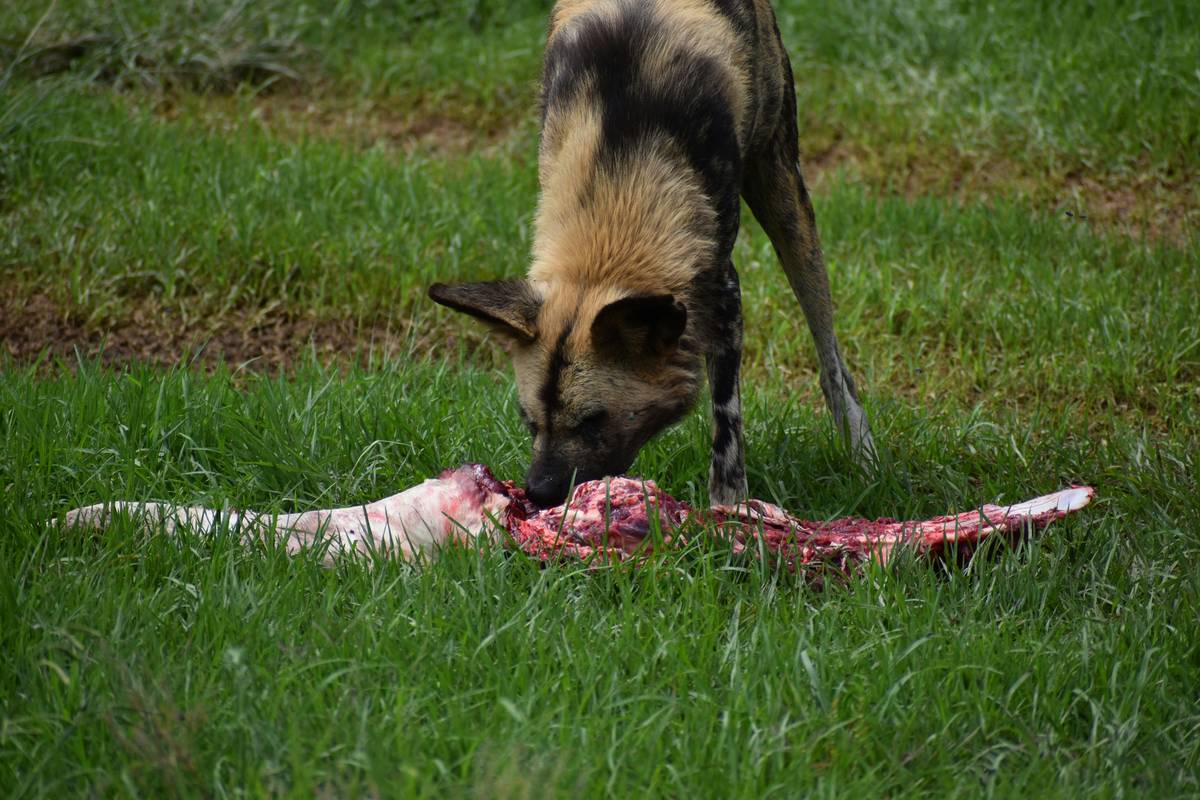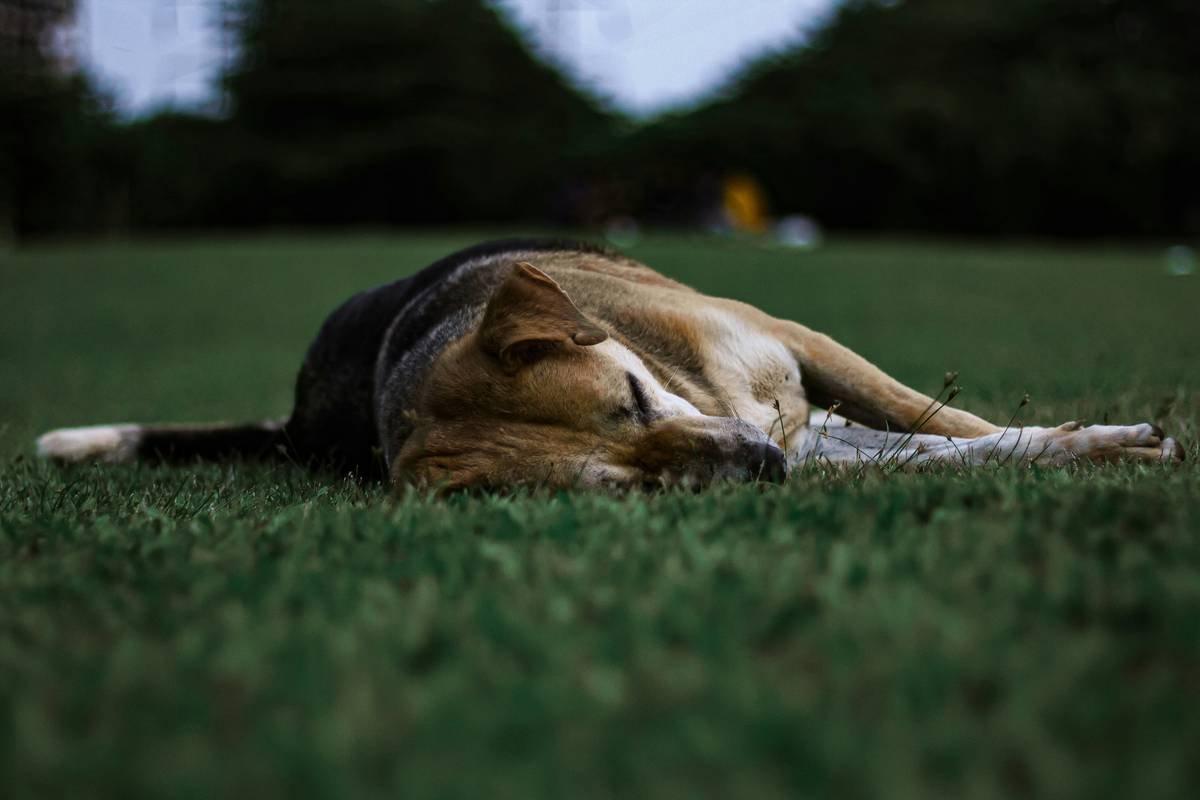Ever watched your hunting dog collapse in exhaustion after a long day in the field, wondering if you’re feeding them right? You’re not alone.
Hunting dogs are the ultimate athletes of the canine world. Their energy output during a hunt is insane, and their recovery depends heavily on what they eat afterward. If you’ve ever wondered, “What should my dog eat after a hunt?”—you’re about to get the answer. In this guide, we’ll cover:
- Why post-hunt nutrition matters
- A step-by-step guide to creating a recovery meal
- Tips for keeping your hunting dog in peak condition
Table of Contents
- Key Takeaways
- Why Your Hunting Dog Needs a Post-Hunt Recovery Meal
- Step-by-Step Guide to Preparing a Recovery Meal
- Tips for Optimal Nutrition
- Real-Life Examples of Dogs Thriving on Recovery Meals
- FAQs About Post-Hunt Dog Recovery Meals
Key Takeaways
- A post-hunt recovery meal replenishes lost nutrients and prevents muscle soreness.
- High-quality proteins, complex carbs, and hydration are non-negotiable components of the meal.
- DIY recipes can outperform commercial options if done correctly but require research.
- Consult your vet before making drastic dietary changes.
Why Your Hunting Dog Needs a Post-Hunt Recovery Meal

Picture this: your trusty Lab just spent six hours sprinting through thick underbrush, swimming across streams, and sniffing out game like a champ. Now, she’s sprawled out in the backseat of your truck, panting so hard you can hear it over the engine. What does she need most? A burger? Nope. Water? Kinda… but there’s more.
Hunting is intense physical activity that drains glycogen stores (energy reserves) and breaks down muscle tissue. Without proper recovery nutrition, your pup might feel sluggish, sore, and prone to injury—or worse, burnout.
“Grumpy Optimist:”
- Optimistic You: “This meal will give my dog wings!”
- Grumpy You: “Wings? They’re dogs, dummy. But yeah, let’s feed ’em something decent.”
The Science Behind It
After exercise, muscles crave protein to repair themselves and carbohydrates to restore depleted glycogen levels. Hydration is equally critical because dehydration slows recovery and increases fatigue. Neglect these needs, and even the toughest hunting dog will start underperforming.
Step-by-Step Guide to Preparing a Post-Hunt Recovery Meal

Ready to take charge of your dog’s post-hunt recovery? Follow these steps to craft a balanced, nutritious meal:
Step 1: Choose the Right Protein
Opt for high-quality animal proteins like chicken breast, turkey, salmon, or even venison. Cook them thoroughly but avoid seasoning—they don’t need garlic or onion powder messing with their tummies!
Step 2: Add Complex Carbs
Brown rice, quinoa, or sweet potatoes provide slow-release energy and help replace those glycogen stores. Pro tip: Mash up some boiled sweet potato—it’s both delicious and packed with antioxidants.
Step 3: Incorporate Healthy Fats
Fat is fuel for working dogs. Include sources like olive oil, flaxseed, or fish oil to support joint health and coat shine. Bonus points if it smells good enough to make *you* drool.
Step 4: Hydrate, Hydrate, Hydrate
Water isn’t technically part of the meal, but it’s crucial. Encourage frequent sipping throughout the day using fresh water bowls. Consider adding electrolyte supplements designed specifically for dogs if they’ve had an especially grueling day.
Terrible Tip Alert:
Don’t throw scraps from last night’s steak dinner and call it a recovery meal. That processed junk could upset their stomach—or worse, cause pancreatitis. Let’s keep things professional here.
Tips for Optimal Nutrition
- Stick to Lean Meats: Avoid fatty cuts; lean meat ensures quick digestion without digestive stress.
- Mix in Vegetables: Leafy greens like spinach and kale add vitamins and minerals while being low-calorie.
- Monitor Portion Sizes: Adjust portions based on your dog’s size, breed, and exertion level. Too much food can lead to bloat.
- Consider Supplements: Glucosamine, chondroitin, and omega-3s can aid in joint health and overall recovery.
Real-Life Examples of Dogs Thriving on Recovery Meals

Let me tell you about Max, my buddy’s Golden Retriever. Before switching to tailored recovery meals, Max would limp around for days after hunts. Once we started giving him post-hunt meals rich in lean protein and veggies, his energy skyrocketed. He went from “weekend warrior” status to training alongside the pros.
Skeptical? Try tracking your own dog’s performance before and after implementing recovery meals. The difference might shock you.
FAQs About Post-Hunt Dog Recovery Meals
Q: Can I use store-bought kibble instead?
Absolutely—but check labels carefully. Look for formulas labeled as “high-performance,” which often contain higher protein and fat levels suitable for active dogs. Still, nothing beats a fresh, homemade option when possible.
Q: How soon after a hunt should I feed my dog?
Ideally within 30 minutes. Think of it as topping off their tank while their metabolism is still revved up. But avoid shoving huge amounts all at once—small servings work best.
Q: What if my dog turns their nose up at the new food?
Patience is key. Introduce new ingredients gradually by mixing them with familiar foods. Over time, their taste buds will adjust. If not, consult your vet for alternative strategies.
Conclusion
Your hunting companion deserves the best care, especially after expending so much effort. With the right post-hunt dog recovery meal, you can ensure they stay strong, healthy, and ready for the next adventure.
Remember our golden rule: balance is everything. Feed smart, monitor closely, and adjust as needed. And hey, pat yourself on the back—you’ve now graduated to “Dog Nutrition Guru.”
Haiku:
Paws hit muddy trails,
Hunts end, bellies fill with joy,
Loyal hearts endure.
P.S. Feeding your dog well is kinda like playing Pokémon GO back in 2016. Level up responsibly.


